Moroccan Language: What Tourists Must Know Now
As you plan your trip to Morocco, understanding the local linguistic landscape is crucial for a smooth and enjoyable journey. Moroccan languages diverse and dialects can be complex, but knowing the essentials can make a significant difference.
You’ll encounter multiple languages during your visit, including the official languages, which have been shaped by the country’s rich history and colonial past. Being aware of these languages will help you navigate everyday situations, from ordering food to asking for directions.
Table of Contents
The Linguistic Landscape of Morocco
The linguistic tapestry of Morocco is woven from threads of Arabic, Berber, French, Spanish, and English. This diverse linguistic landscape is a result of the country’s rich history, geographical location, and cultural influences.
Official Languages: Arabic and Amazigh (Berber)
Morocco recognizes two official languages: Arabic and Amazigh (also known as Berber). Arabic is the primary language used in official contexts, government, and education. Amazigh, on the other hand, was recognized as an official language in 2011 and is spoken by the Berber community, particularly in the rural areas of the Atlas Mountains and the Rif region.
The French Colonial Influence
The legacy of French colonial rule is still evident in the widespread use of French, particularly in business, education, and government. Many Moroccans, especially in urban areas, speak French as a second language, and it remains a crucial part of the country’s linguistic identity.
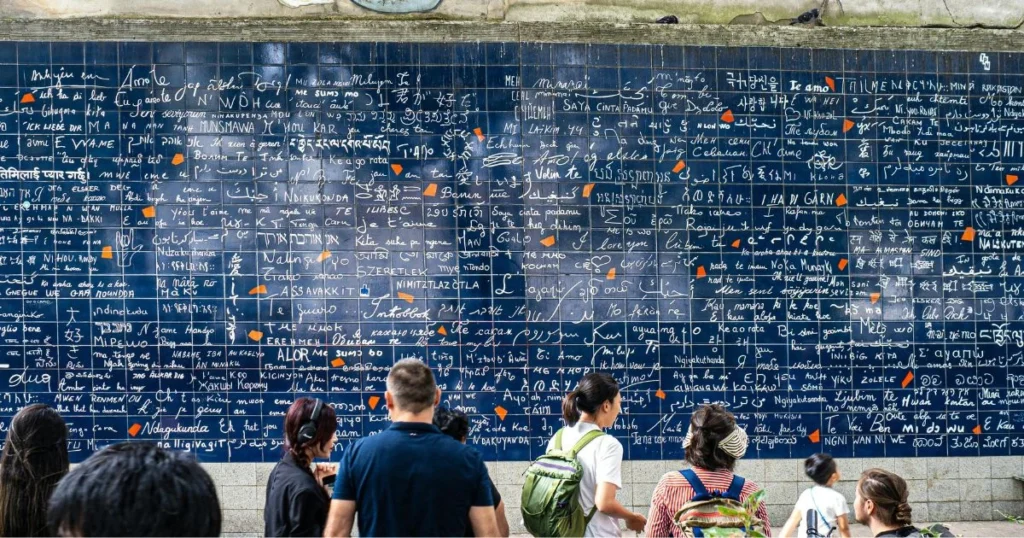
Spanish and English Usage
Spanish is also spoken in certain regions, especially in the northern parts of Morocco, due to historical ties with Spain. English is becoming increasingly popular, especially among younger Moroccans and those in the tourism industry, as it is seen as a valuable language for international communication.
As you navigate Morocco, you’ll encounter a multilingual environment where different languages coexist and complement each other. Understanding this linguistic diversity can enhance your experience and interactions with the local culture.
Understanding Darija: Moroccan Arabic Basics
As you explore Morocco, understanding Darija, the local Arabic dialect, can significantly enhance your travel experience. Darija is the colloquial form of Arabic spoken in Morocco, distinct from Standard Arabic used in formal contexts.
How Darija Differs from Standard Arabic
Darija has its own grammar and vocabulary, which are shaped by the country’s history and cultural influences. Unlike Standard Arabic, Darija is not used in formal writing or official contexts, but it’s the language you’ll encounter in everyday interactions with locals.
Key differences include: simplified grammar, incorporation of French and Spanish words, and distinct pronunciation.
Essential Darija Phrases for Tourists
Learning basic Darija phrases can go a long way in making your trip more enjoyable. Start with simple greetings like “Marhaba” (hello) and “Shukran” (thank you). Here are a few more essential phrases:
- As-salamu alaykum (peace be upon you)
- Wa alaykum as-salam (and upon you be peace)
- Kayfa halak? (how are you?)
Pronunciation Tips for British English Speakers
Pronunciation can be challenging, but with practice, you can master the unique sounds of Darija. Pay attention to vowel sounds and diphthongs, as they differ significantly from Standard Arabic. For instance, the “kh” sound in Darija is similar to the “ch” in the Scottish “loch.”
Embracing Darija will not only enhance your travel experience but also provide a deeper connection to the Moroccan culture.
The Moroccan Language Across Different Regions
As you travel across Morocco, you’ll notice a diverse linguistic landscape shaped by the country’s history and geography. The languages spoken vary significantly from one region to another, reflecting the complex cultural and historical context of each area.
Northern Morocco’s Spanish Influence
In northern Morocco, particularly in cities like Tangier, you’ll notice a Spanish influence on the local language. This is a legacy of the period when Spain controlled parts of northern Morocco.
Berber-Speaking Areas in the Atlas Mountains
The Atlas Mountains are home to Berber-speaking communities where Amazigh languages are predominantly spoken. These areas have maintained their linguistic heritage despite the widespread use of Arabic and French.
Urban vs. Rural Language Differences
Urban areas like Marrakech and Rabat are linguistically diverse, with a mix of Arabic, French, and English being used. In contrast, rural areas tend to be more conservative in their language use, with a stronger emphasis on traditional dialects.
| Region | Predominant Languages | Influences |
|---|---|---|
| Northern Morocco | Arabic, Spanish | Spanish colonial legacy |
| Atlas Mountains | Amazigh languages | Berber cultural heritage |
| Urban areas (Marrakech, Rabat) | Arabic, French, English | Multicultural, tourist influences |
| Rural areas | Traditional dialects of Arabic, Amazigh languages | Conservative, local culture |
Essential Phrases Every UK Tourist Should Know
As a UK tourist in Morocco, familiarizing yourself with essential phrases in Darija can significantly improve your interactions with locals. Morocco is a country rich in culture and history, and being able to communicate, even in basic ways, can enhance your experience.
Greetings and Politeness Expressions
Greeting locals appropriately is crucial. Start with “Marhaba” (hello) or “As-salamu alaykum” (peace be upon you). When parting ways, say “Shukraan” (thank you) or “Ma’a as-salaama” (goodbye). Using these phrases can make a positive impression.
- Marhaba: Hello
- As-salamu alaykum: Peace be upon you
- Shukraan: Thank you
- Ma’a as-salaama: Goodbye
Shopping and Bargaining Vocabulary
When shopping, especially in markets, bargaining is expected. Use phrases like “Berraka Allah fik” (may God bless you) to respond to vendors. You can also ask “Kam thi?” (how much is this?) to inquire about prices.
- Berraka Allah fik: May God bless you (used in bargaining)
- Kam thi?: How much is this?
Restaurant and Food-Related Terms
In restaurants, you can ask for “Maa” (water) or “Atay” (tea). To order food, it’s helpful to know the names of common dishes and to be able to ask for recommendations.
Transportation and Direction Words
To navigate Morocco, knowing transportation-related terms can be very helpful. For example, “M’Hatta” means bus stop, and “Ittajaa” means direction. You can ask for directions by saying “Wayn…?” (where is…?).
- M’Hatta: Bus stop
- Ittajaa: Direction
- Wayn…?: Where is…?
Language Etiquette: Cultural Do’s and Don’ts
As you explore Morocco, understanding the local language etiquette is crucial for a respectful and enriching experience. Morocco’s cultural heritage is deeply rooted in its language and customs, and being mindful of these can significantly enhance your interactions with the locals.
Respectful Forms of Address
Using respectful forms of address is vital in Moroccan culture. Titles such as “Hajj” or “Hajja” are used for elderly individuals as a sign of respect. When interacting with locals, it’s also polite to use formal language until you’re explicitly invited to be informal.
Religious and Cultural Sensitivity
Morocco is an Islamic country, and being respectful of religious customs is essential. During Ramadan, for example, it’s considerate to avoid eating or drinking in public during daylight hours. When visiting mosques, ensure you’re dressed modestly and remove your shoes when required.
Non-Verbal Communication in Morocco
Non-verbal cues play a significant role in Moroccan communication. Using your right hand when giving or receiving something is considered polite, as the left hand is associated with personal hygiene. Public displays of affection are generally frowned upon, so it’s best to be reserved in your interactions.
| Cultural Norm | Description |
|---|---|
| Respectful Greetings | Use formal greetings like “As-salamu alaykum” (peace be upon you) |
| Dress Modestly | Avoid revealing clothing, especially when visiting mosques or rural areas |
| Use Right Hand | When giving or receiving something, use your right hand |
By being aware of and respecting these cultural norms, you can have a more meaningful and enjoyable experience in Morocco.
Step-by-Step Guide to Learning Basic Moroccan Language
Learning a few basic phrases in Moroccan Arabic can significantly enhance your travel experience in Morocco. As you explore this beautiful country, being able to communicate with locals can lead to more authentic interactions and a deeper understanding of the culture.
1. Start with Essential Greetings
Begin your language journey with greetings such as “As-salamu alaykum” (peace be upon you) and “Marhaba” (hello). Responding with “Wa alaykum as-salam” (and upon you be peace) or “Marhaba” shows respect and can lead to friendly exchanges.
2. Master Numbers and Basic Transactions
Understanding numbers and basic transactions is crucial for shopping at markets and souks. Learn to count from one to ten and practice phrases like “Kam hadha?” (how much is this?) to negotiate prices.
3. Practice Daily with Audio Resources
Utilize language learning apps and YouTube videos to practice Moroccan Arabic daily. Listening to native speakers can improve your pronunciation and comprehension.
4. Learn Situational Phrases for Travel Scenarios
Prepare for common travel scenarios by learning situational phrases. For example, “Ana dayyāf” means “I’m lost,” and “Kayn…?” means “Where is…?”. These phrases can be lifesavers when navigating unfamiliar areas or seeking assistance.
By following these steps, you’ll be well on your way to learning the basics of the Moroccan language, enhancing your travel experience, and connecting with the local culture.
Navigating Language Barriers as a UK Tourist
Language differences shouldn’t stop you from enjoying Morocco; here’s how to overcome them. Morocco, with its diverse linguistic landscape, can present challenges for UK tourists. However, with the right strategies and tools, you can navigate these barriers effectively.
UK-Friendly Translation Apps and Tools
One of the most effective ways to overcome language barriers is by using translation apps. Apps like Google Translate and iTranslate are highly recommended for their accuracy and user-friendly interfaces. These apps can translate text, speech, and even images, making them invaluable for reading signs, menus, and communicating with locals.
Finding English-Speaking Assistance
In tourist areas, you’re likely to find locals who speak English, particularly among the younger population and those in the service industry. Don’t hesitate to ask for help. Many Moroccans are eager to practice their English, and you’ll often find someone willing to assist you.
Communication Strategies When Words Fail
When language fails, non-verbal communication can be a powerful tool. Using gestures, pointing to objects, or even drawing simple pictures can help convey your message. Additionally, learning a few basic phrases in Darija or Arabic can go a long way in showing respect and appreciation for the culture.
Conclusion: Embracing the Moroccan Language Experience
As you explore Morocco, you’ll discover that the moroccan language is more than just a means of communication – it’s a gateway to the country’s rich cultural heritage. By making an effort to learn and communicate in the local language, you’ll be able to connect with the people and places around you on a deeper level, enhancing your overall language experience.
Embracing the moroccan language can significantly enhance your travel experience, allowing you to appreciate the nuances of Moroccan culture and build meaningful relationships with the locals. As you navigate the vibrant markets, try the local cuisine, and explore the historic sites, you’ll find that speaking the moroccan language will open doors to new experiences and unforgettable memories.
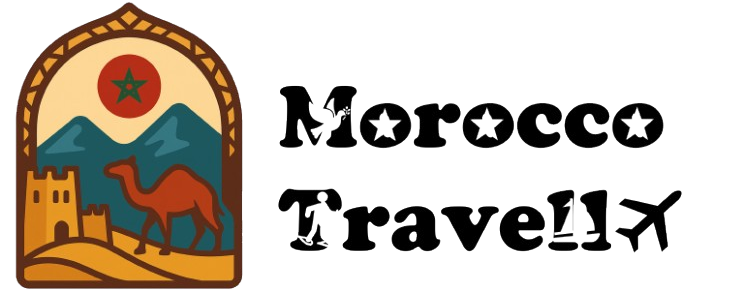

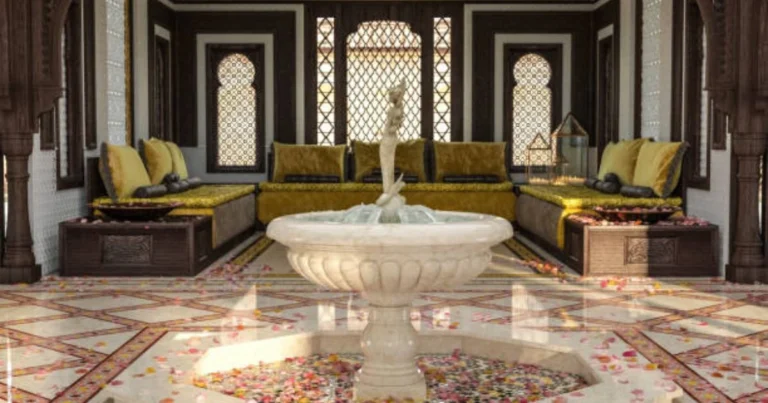
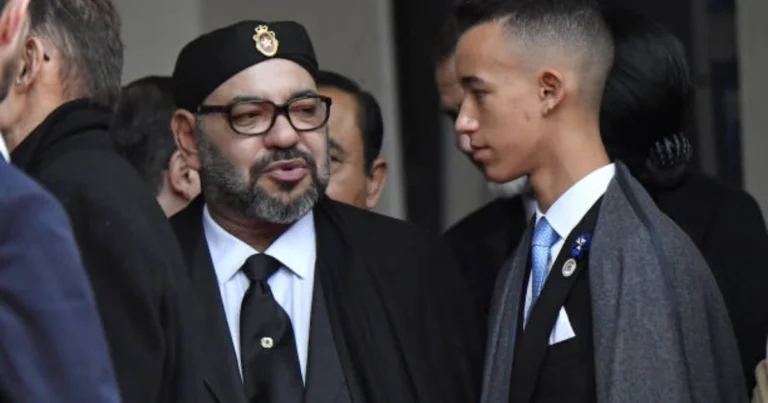
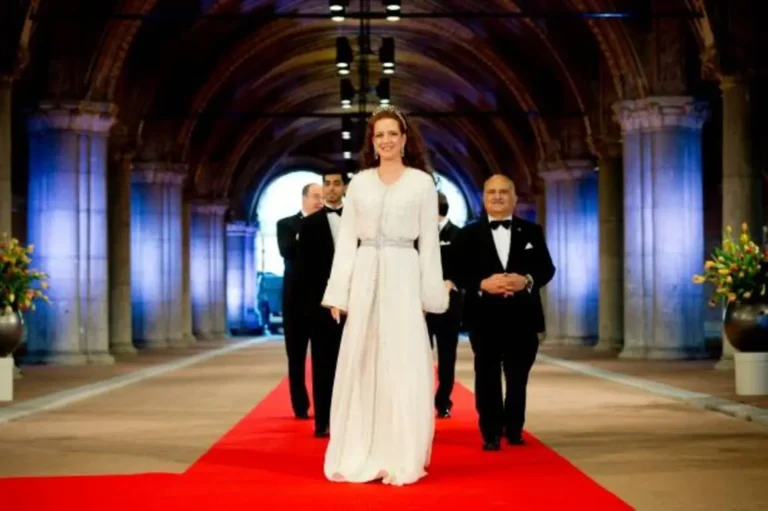
One Comment